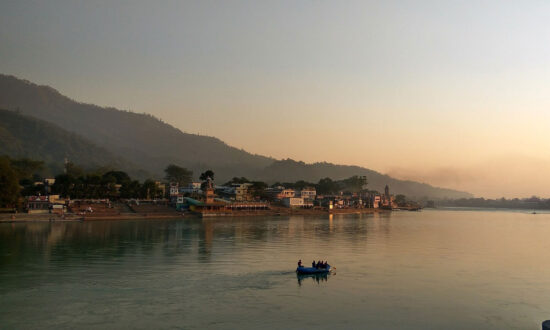Jake Treweek is found dead in his garage in Washington DC, but his wife Anne cannot accept the official finding of suicide. The disciplined and dependable husband she knew and loved would never do such a thing to her or their daughter.
At the time of his death, Jake had been working as a defence analyst for the Australian Embassy, and Anne is convinced there is a deeper, darker side to the story – someone is to blame, and she is determined to see justice done.
The story opens in the leafy beachside suburb of Bronte in Sydney just after the turn of the 21st century. Anne has travelled to see David, one of Jake’s oldest friends from school who is now a successful barrister. She appeals to him for help in her quest.
In a series of exquisitely drawn backstory vignettes, Nicholas Jose takes readers through significant episodes in David’s memories of Jake: the last dinner at Anne and Jake’s house in the Adelaide Hills, the military-cadet camp where they met as schoolboys, Jake’s childhood contact with a boy who would later become a politician and influence the trajectory of his career.
The Idealist’s second section is the story of a marriage told from Anne’s first-person perspective. We are shown Jake as a husband and father, and the impact of his career from inside the family. Layers are peeled away, and the personal ramifications of his work come into focus.
After rising to the rank of captain in the Australian military, Jake moves into miliary intelligence and is sent into East Timor on a top-secret mission. It’s a troubled time for the small, poverty-stricken nation. Indonesia has taken control, but the local people want independence, and Jake has a personal interest – the people of East Timor saved his father’s life in World War II.
Looking out from inside the marriage, Anne sees Jake’s emotional tussle between the demands of his job and his personal stake in the situation. Each time he returns home from a stint in Timor-Leste, he is troubled, withdrawn and increasingly infuriated by Australia’s lack of support for the human rights and political freedom of its neighbour across the Timor Sea.
In the third section of the novel, we are given access to Jake’s first-hand experience in Timor-Leste and the final layers of the mystery begin to peel away. His cover while spying for the Australian Government has him working as a plumber for an aid organisation and we follow him as he befriends expats living in Timor-Leste who then introduce him to the local community. It is on trips through the mountains that Jake meets freedom fighters and sees the desperate situation facing locals under the brutal Indonesian occupation. He meets Elisa, a local woman active in the independence movement and his connection to her is immediate and intense.
It is in Jake’s story that we begin to understand the novel’s title. Working on the ground, gathering intelligence in Timor-Leste, he is an eyewitness to the atrocities inflicted on the East Timorese people and cannot help but support their drive for freedom. Yet once he returns to Australia and then Washington DC, he is helpless and horrified in the face of his country’s prioritisation of mining rights and economic profit over human rights.
Through Jake’s eyes, we feel the psychological consequences of trying to bring a personal understanding of the horrors perpetrated in Timor-Leste to the attention of government officials at the highest levels of power.
This book is difficult to classify, touching on the genres of political thriller, murder mystery, a portrait of a marriage and a psychological study of the ramifications of powerlessness and stress, all delivered in the exquisite language of literary fiction.

Get InReview in your inbox – free each Saturday. Local arts and culture – covered.
Thanks for signing up to the InReview newsletter.
Jose does something quite extraordinary in The Idealist. Political thrillers and mysteries rife with espionage are usually matched with a cracking narrative drive. Instead, he delights by ignoring these genre stereotypes. His pace is unhurried, his scenes rich with sensory detail – to read this novel is to be transported from Bronte to the Adelaide Hills to Dili to Washington DC. Jose’s eye for place and insight into culture and character are remarkable. Yet despite the vividness of the scenes, his sentences remain clear, astute and never feel overloaded.
The Idealist is Jose’s eighth novel – his first for nine years – and the attention to detail shows. This is a thriller for lovers of literary fiction, the beautiful writing turning an unflinching gaze on a shameful era of our nation’s history that is rarely explored in fiction.
The Idealist, by Nicholas Jose, is published by Giramondo Publishing.
Support local arts journalism
Your support will help us continue the important work of InReview in publishing free professional journalism that celebrates, interrogates and amplifies arts and culture in South Australia.
Donate Here




